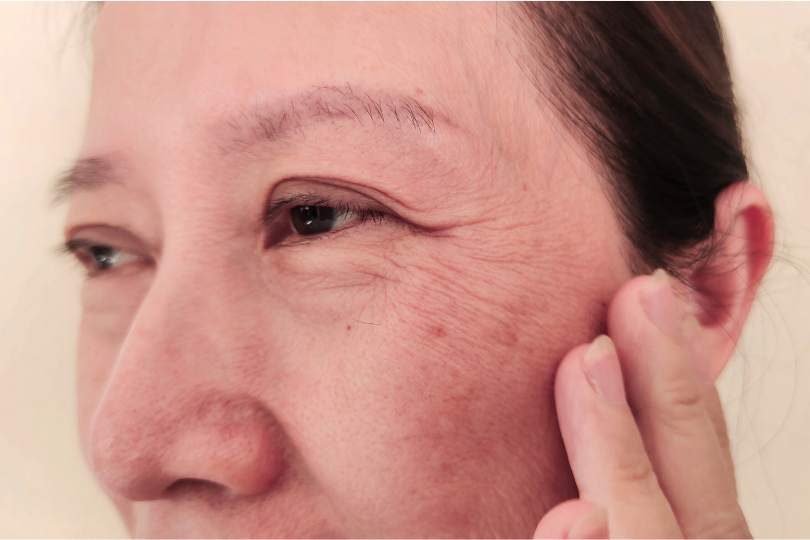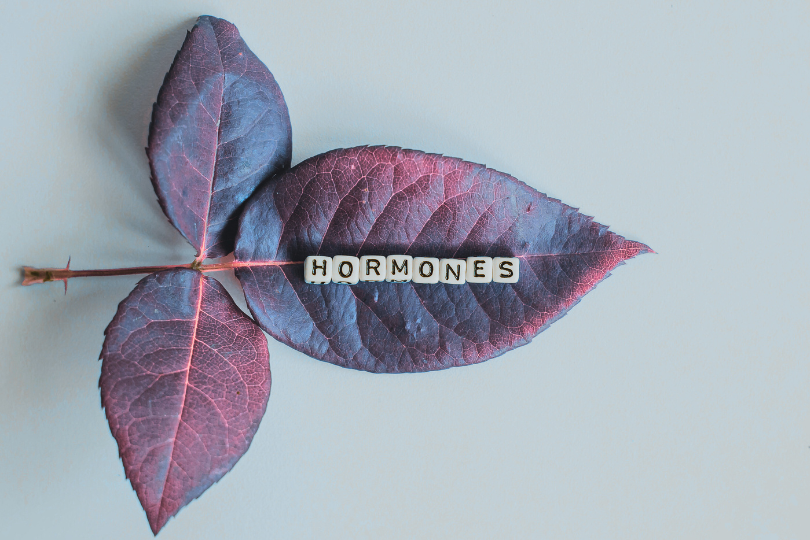Polycystic Ovarian Syndrome (PCOS) is a common but frequently misunderstood hormonal disorder. It affects about 1 in 10 women of reproductive age, with prevalence varying among ethnic groups. Its exact cause remains elusive, but it is believed to have genetic links, as it often runs in families.
Women with PCOS experience a hormonal imbalance that prevents the maturation and release of eggs from the ovaries each month, leading to numerous small cysts within the ovaries (hence the name Polycystic Ovary Syndrome). A metabolic disease, PCOS is one of the most common causes of infertility.
In the following article, we will explore the complexities of PCOS, including its diagnosis, symptoms, potential implications on fertility, and the available treatments.
PCOS is a condition characterised by several key features:
PCOS can manifest through a wide array of symptoms, which may include:
For women doing a fertility check, higher-than-usual egg reserve levels (tested through the Anti-Mullerian Hormone Test) may point towards the presence of polycystic ovaries.
Diagnosing PCOS involves a thorough assessment, including:
A diagnosis of PCOS is typically established when a woman presents at least 2 out of 3 of the following findings: irregular or absent menstruation, high androgen levels, and the presence of polycystic ovaries on ultrasound.
PCOS can significantly impact fertility due to symptoms like irregular menstrual cycles, which affect the regularity of ovulation. Without consistent ovulation, the chances of releasing an egg for fertilisation are reduced, often leading to infertility issues.
However, conceiving with PCOS isn't out of reach. It's a widespread condition and is considered one of the most treatable causes of infertility in women. Women with PCOS are encouraged to discuss with their healthcare providers about ways to balance hormones and prepare for pregnancy.
Treatment for PCOS aims to alleviate symptoms and assist with fertility, tailored to the individual's needs:
Women with PCOS can certainly opt for egg freezing. This proactive measure can help increase the likelihood of having children in the future. It's generally recommended to freeze eggs at a younger age to ensure the highest egg quality.
It is important for women with PCOS to seek care from skilled fertility doctors during the egg freezing process. They have a higher risk of developing ovarian hyperstimulation syndrome (OHSS), particularly due to a greater number of follicles that may overreact to HCG, a possible drug used in egg freezing. In a study of 2,699 women with PCOS undergoing IVF, 75.2% had a normal response to controlled ovarian hyperstimulation (COH), while 24.8% experienced OHSS.
PCOS isn’t just a single issue, but a constellation of symptoms that many women have. As women with PCOS may face issues of infertility, it may be a wise move to consider egg freezing with an experienced fertility doctor.



If your routine suddenly feels out of step, it’s not your products, it’s your hormones. As estrogen begins to fall, the signals that keep skin strong and hydrated weaken. Dryness, breakouts, pigmentation, and slower healing start to appear, even with the same products you’ve always used. The good news: you can adapt. With smart everyday care (SPF, hydration, retinoids, vitamin C), lifestyle support (nutrition, sleep, stress), and medical options when needed (prescription treatments or hormone therapy), your skin can stay strong and healthy well into your 40s, 50s, and beyond.

Menopause isn’t just the end of periods. It’s the start of a new phase where lower estrogen levels can affect your bones, heart, brain, skin, and more. This guide breaks down what’s happening in your body and what you can do to stay strong and well after menopause.

No one talks about it, but perimenopause can hit in your 30s or 40s, and it’s not just about your period. Think brain fog, poor sleep, low libido. Here’s what to look out for and what you can do.